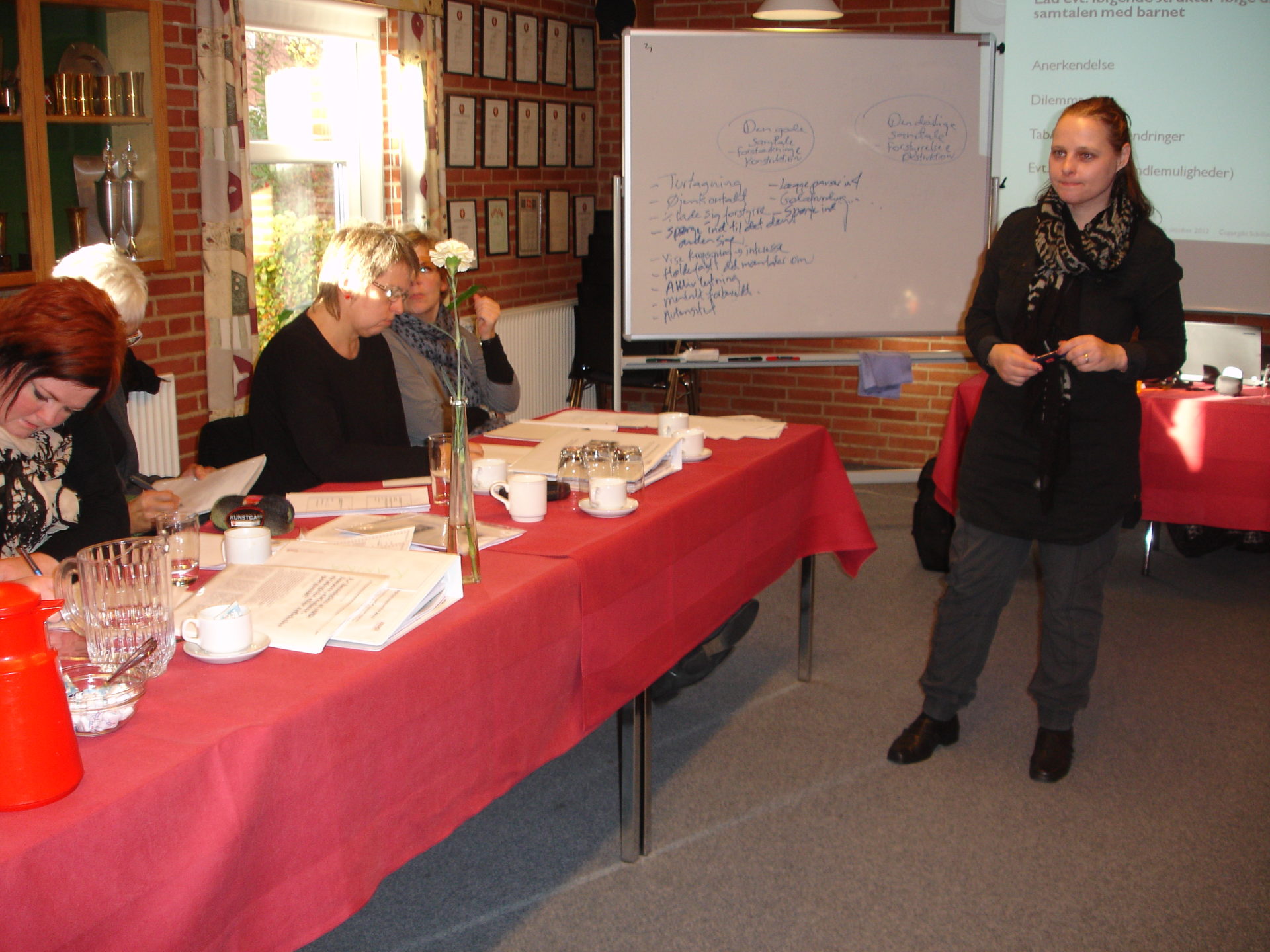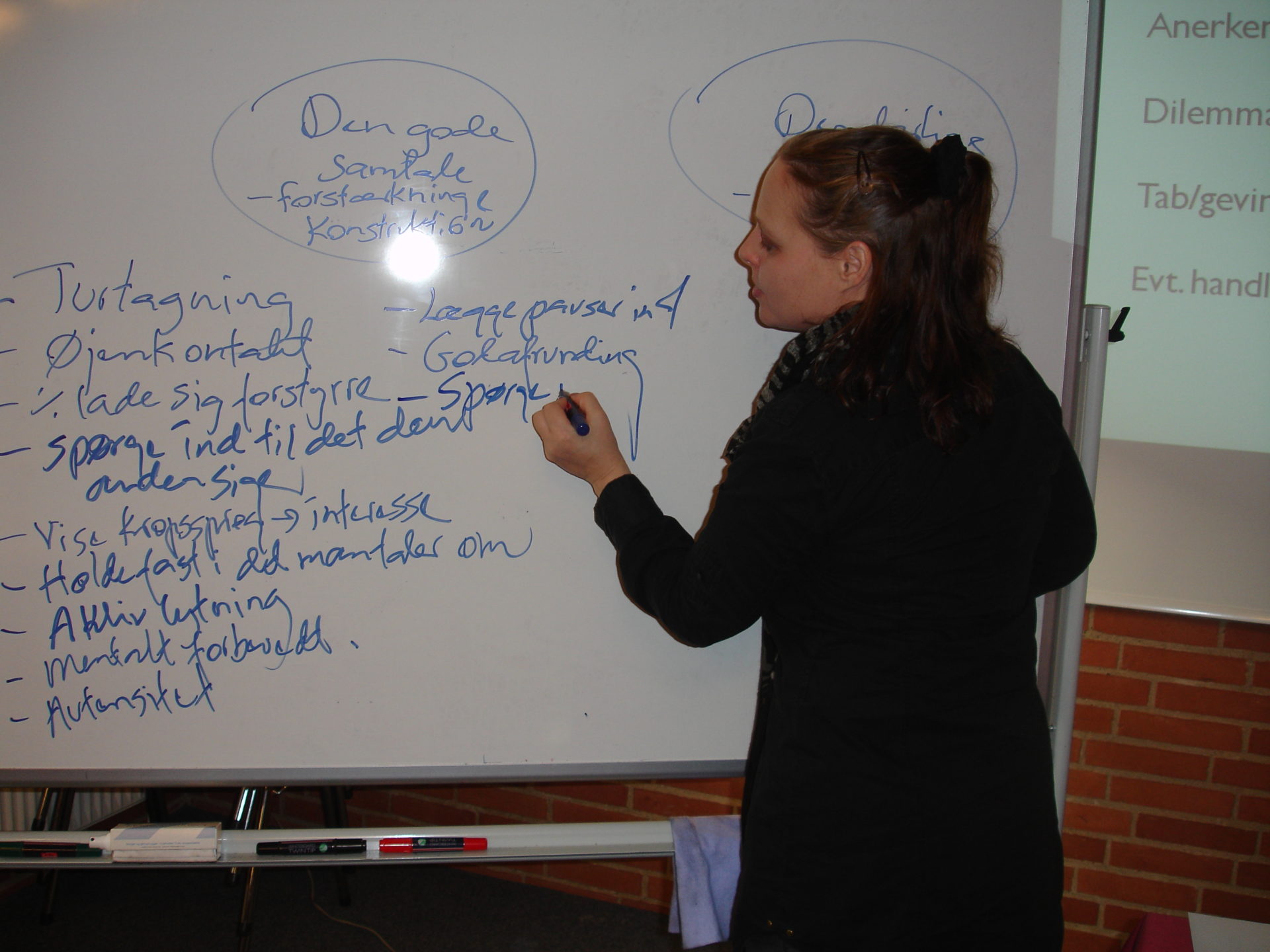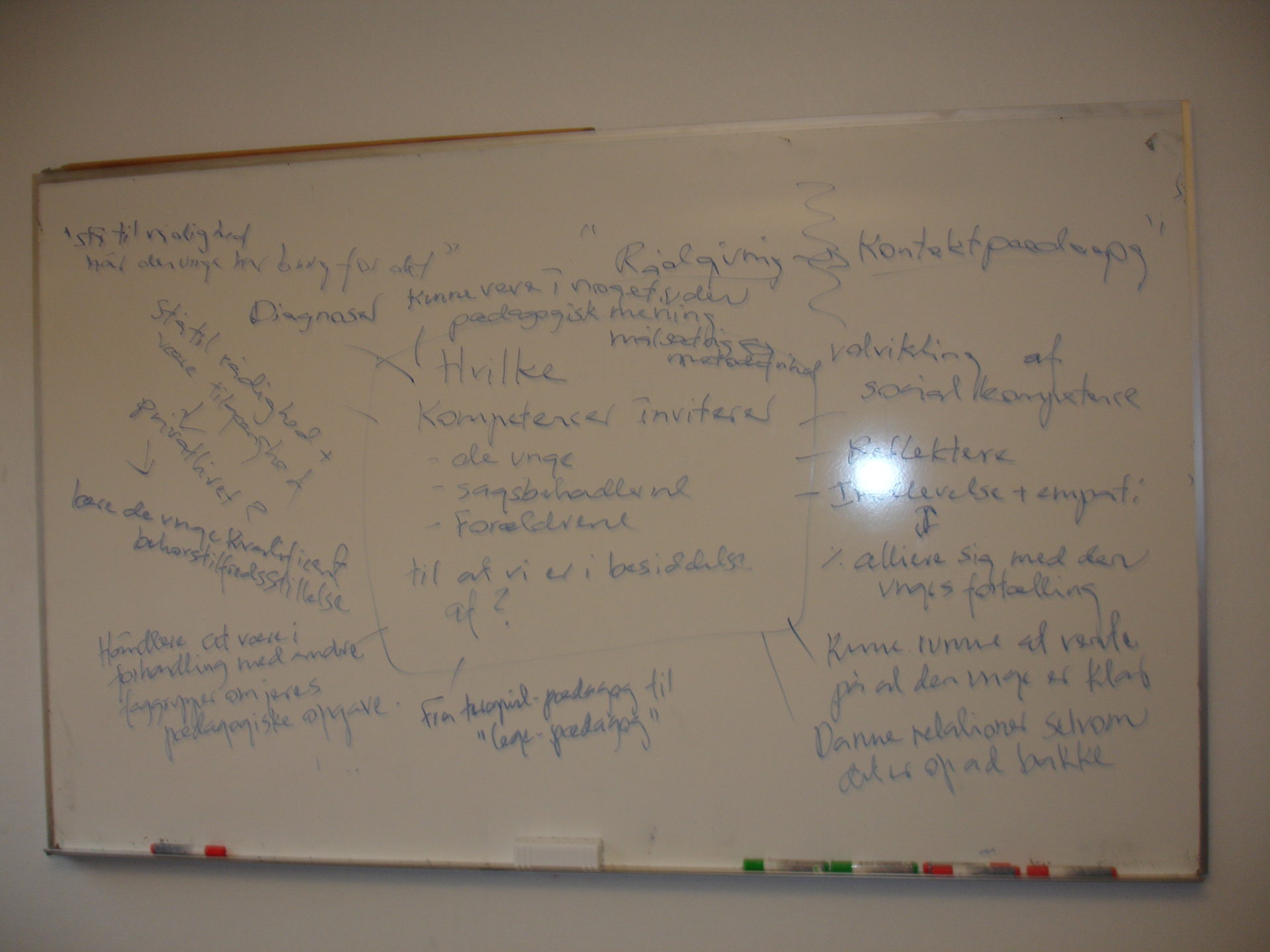Professional Development Approach
is a collaborative, practice-based learning model that drives structured, targeted upskilling among professionals jointly engaged with the same service users.
The Professional Development Approach is a collaborative, practice-based learning format tailored to the realities of professional work.
This innovative model offers a powerful alternative to traditional supervision, team consultation, case conferences or one-off training. By anchoring learning directly in the team’s shared practice with specific service users, it delivers targeted, outcome-focused development – in real time.
The Professional Development Approach is particularly valuable when your organisation is:
- Seeking to replace or supplement existing supervision formats with a more dynamic, cross-disciplinary model
- Addressing concerns or formal complaints about service quality and needing a structured, accountable format to raise professional standards
- Under pressure from external oversight bodies to demonstrate progress, compliance and outcome-driven practice
With clear goals, a transparent structure and a strong focus on collective learning, the Professional Development Approach helps leaders and teams build capacity, cohesion and confidence – while aligning with the standards expected in today’s complex welfare environments.
What is the Professional Development Approach?
The Professional Development Approach is a collaborative, practice-based supervision model designed to strengthen professional capacity and transform the way we work together in the welfare sector. It provides a dynamic learning framework that enables individual professionals and interdisciplinary teams to continuously develop the competencies, creativity and resilience needed to deliver high-quality, citizen-centred services.
This approach directly supports the upskilling of practitioners and professional networks with the aim of:
► Improving outcomes for citizens and service users
► Ensuring that the right skills, mindsets and methods are always in place to meet complex, real-world challenges
Designed for a new reality in welfare services
Today’s welfare systems demand more than siloed expertise. They require seamless cross-sector collaboration, interdisciplinary alignment, and the ability to act coherently across organisational and professional boundaries. The Professional Development Approach is built for this reality. It supports supervision across departments, disciplines and even sectors – actively involving civil society actors where relevant – to create connected learning communities around the citizen.
This approach forms the foundation for:
-
Ongoing professional development
-
Greater practitioner confidence and wellbeing
-
Stronger cross-professional coordination
-
Creativity and engagement in everyday practice
-
Resilient, high-performing teams
A collaborative learning community
In each session, professionals explore selected areas of development linked to a specific citizen case or family situation. The focus is always grounded in real-life practice and includes:
• The dynamics and coordination between the service user/family and the professional system
• The practitioner’s professional stance, competencies and development areas
Each case invites reflection: What skills, perspectives or creative approaches would enhance our practice here – not just for this case, but for our collective capacity going forward?
What we aim to achieve
By working across traditional silos and sharing our knowledge, techniques and insights, we build something greater than individual development – we create a culture of shared learning and collective impact. This collaborative supervision model reinvigorates professional purpose, strengthens interdisciplinary cohesion, and ultimately ensures that we meet the evolving demands of citizens and welfare systems – together.
The professional Development Approach is developed particularly for use within the public services as social services, child and family services, mental health services, adult social services and health services.
The Approach can also be applied to private and charity services offering various forms of psychological, psycho-therapeutic, counselling and supportive services to people in need,
The Approach is designed to assist managers and individual professional practitioners as well as multi-disciplinary teams who provide services to the public who are concerned that they reach the highest standards of quality of professional service and who expect the highest professional standards of their employees and wish to work in the most cost-efficient way for the public service user.
We always contract directly with management and design the specific Professional Developmental Approach process to fit the specific needs of an organization or service provider.
The professional Development Approach is developed particularly for use within the public services as social services, child and family services, mental health services, adult social services and health services.
The Approach can also be applied to private and charity services offering various forms of psychological, psycho-therapeutic, counselling and supportive services to people in need,
The Approach is designed to assist managers and individual professional practitioners as well as multi-disciplinary teams who provide services to the public who are concerned that they reach the highest standards of quality of professional service and who expect the highest professional standards of their employees and wish to work in the most cost-efficient way for the public service user.
We always contract directly with management and design the specific Professional Developmental Approach process to fit the specific needs of an organization or service provider.
Definition of Professional Development Approach
The Professional Development Approach is a structured, collaborative learning method designed to support ongoing professional growth within the context of real-world practice. At its heart lies a multi-disciplinary learning community, bringing together all professionals actively involved in a specific case. By working across roles, departments and sectors, this approach enables shared learning, collective reflection and the exchange of actionable insights — all aimed at improving outcomes for the citizen or family at the centre.
This model ensures that individual practitioners and professional teams continuously refine, adapt and strengthen their skills throughout the course of a case. It supports a flexible, reflective and dynamic professional stance that responds to the evolving needs and complexity of each situation.
The Professional Development Approach is not just about individual learning — it forms the foundation for sustained professional development at both individual and team levels. It enhances confidence, creativity, coherence, resilience, well-being and the capacity to find joy and meaning in one’s work — while simultaneously promoting a more unified and effective response to the challenges faced in today’s welfare systems.
Benedicte Schilling, 2015





